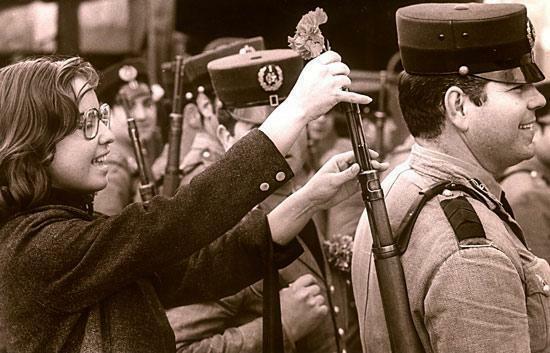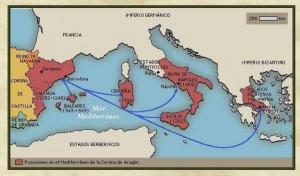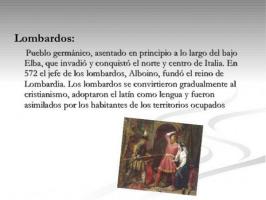Salazar dictatorship in Portugal
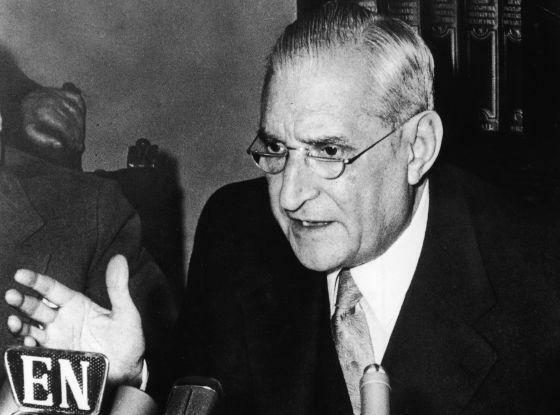
Image: The Country
Throughout its history, Portugal has gone through numerous political systems, one of the most important being the dictatorship that the Portuguese country experienced between 1926 and 1974. Salazar's dictatorship encompassed from 1932 to 1968, being the great figure of this stage in the history of Portugal. Due to the importance for Portugal of this government, today in this lesson from a Professor we are going to offer you a summary of the Salazar dictatorship in Portugal.
The origin of the Salazar dictatorship can be seen in the I Portuguese Republic, a political stage marked by a strong economic and social crisis that caused the Portuguese people to seek a change that would restore tranquility to the Portuguese country.
All this led to October 1926 a coup will be carried out by a series of military leaders, overthrowing the First Portuguese Republic, and replacing it by the National Dictatorship, and later by the so-called State New.
After the coup, Salazar entered the government as finance minister
, being an important part of the first years of the new regime, although he left his post on occasion. His great work led him to be appointed President of the Council of Ministers in 1932, after the resignation of several of the country's great political figures.The arrival of Salazar made Portugal the State Novo, an authoritarian, traditional and illiberal regime, based on Catholicism and respect for political and military authority. The bases of the Estado Novo are found in the Constitution of 1933, very slightly influenced by European fascism, and with characteristics similar to the Franco dictatorship in Spain.
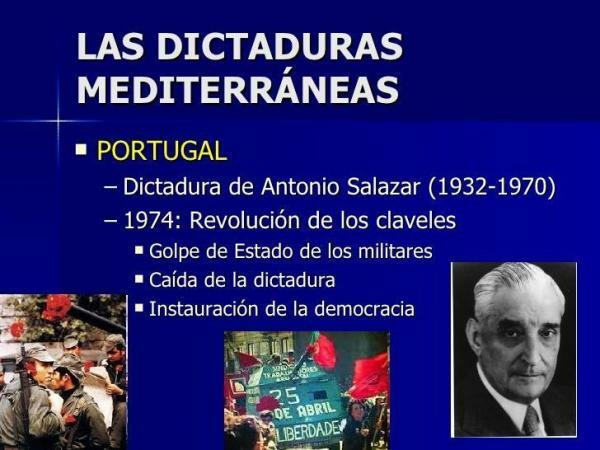
The Estado Novo is a regime with very peculiar characteristicss, without which the form of government of the Salazar dictatorship cannot be understood. Some of these characteristics are the following:
- The motto of the Estado Novo was "God, Country, and Family", a motto the same as that of the Franco regime and similar to that of other regimes of the time.
- It was an authoritarian government. It is not defined as a fascist regime, but it is run by a dictatorship where the central person was Salazar. In addition, opposition to the government was prohibited, since there was no democracy.
- The Portuguese government controlled the executive and legislative powers and they were centralized in the figure of the President of the Council of Ministers.
- There was a cult to the figure of the president of the nation, Salazar. The new generations were expected to be loyal to the regime, through a kind of indoctrination in schools. An important part of the cult was also propaganda, which sought to convince the people of how good the Salazar government was.
- The regime was associated with the Catholicism, existing a concordat between Portugal and the Church.
- The media were controlled through the censorship, all criticism of the government is prohibited.
- The use of paramilitary organizations, whose function was to protect the regime from opposing ideologies.
- A politic anti-communist, allying with the United States during the Cold War.
To continue with this summary of the Salazar dictatorship in Portugal, we must talk about the end of this dictatorship.
The fall of the Salazar dictatorship happened on April 25, 1974, when a military uprising known as the Carnation Revolution. This movement achieved that Portugal would become a democratic state of law, and that the last colonies of the Portuguese state were set free.
At 12:20 AM on April 25, a song was broadcast on the radio marking the beginning of the movement. At that time the armed forces moved, occupying the most important political institutions in the country and liberating the people from the regime that had suffered for decades.
The movement is called the Carnation Revolution because of the flowers that the soldiers placed on the tips of their weapons, as a symbol that they were not in favor of using their weapons.
The revolution had important consequences, such as the following:
- The return of the political exiles and the liberation of the political prisoners.
- Establishment of a parliamentary democracy.
- End of the colonies of Portugal.
- Nationalization of Portuguese banking and industry.
